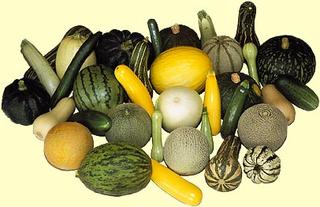Élan
é·lan (ā-läN, ā-län)
n.
1. Enthusiastic vigor and liveliness.
2. Distinctive style or flair.
[French, from Old French eslan, rush, from eslancer, to hurl : es-, out (from Latin ex-. See ex-) + lancer, to throw (from Late Latin lancāere, to throw a lance, from Latin lancea, lance).]

